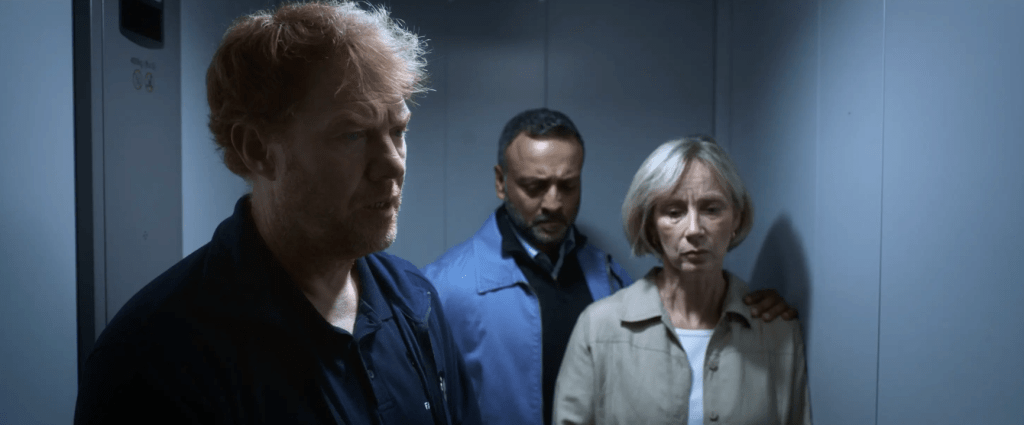
When you think of a university caretaker, stereotypical tasks which come to mind might include fixing faulty lights, replacing lost keys or overseeing fire drills. But their job can also take a heartbreaking turn.
A simple knock on an accommodation door can have devastating consequences, as writer Rufus Love found out during an exchange in 2023.
‘It was a completely unexpected conversation,’ Rufus, 28, tells Metro. ‘I was working at the theatre and it was the middle of the day, so it was really quiet. A guy came in to do a bit of maintenance on the building and we started to chat. I asked if he’d always worked in theatres and he said no, he had recently been a university caretaker.
‘Twice, he’d had to unlock a door which had not been opened in a while. And on both occasions he found a student who had died by suicide.
‘Ultimately, he had to leave the job as he was so traumatised.’
The harrowing conversation plagued Rufus’s mind in the weeks that followed. Unable to shake what he’d been told, he put pen to paper and created a script for a short film called
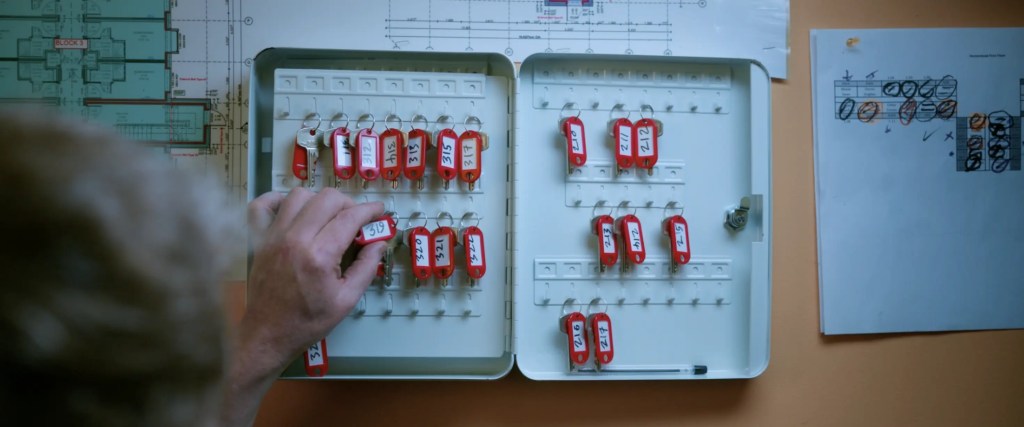
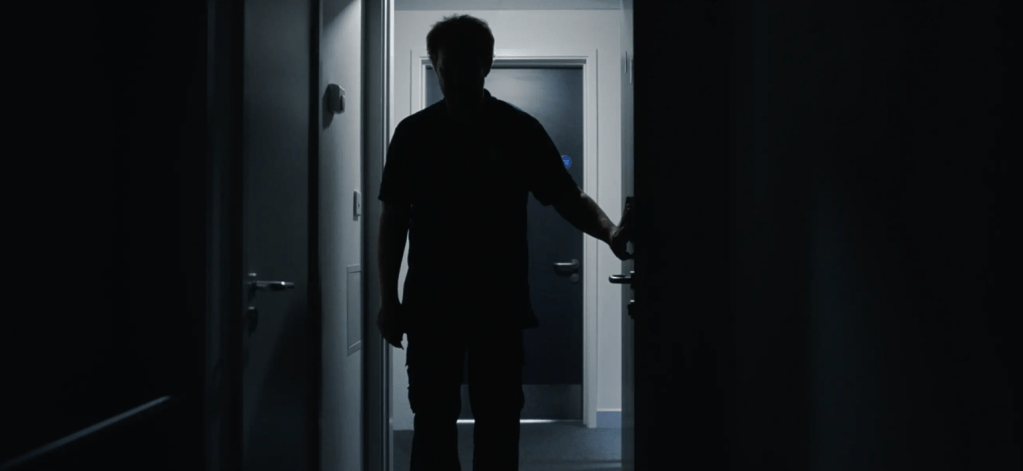
The story follows a university caretaker, played by Kris Hitchen (best known for his role in the Ken Loach’s Sorry We Missed You), who is called to check on room 319 in an accommodation building. After knocking, he unlocks the door and discovers a male student has died by suicide.
Heartbreaking scenes explore the aftermath of the incident. In one, the caretaker spends a night drinking to numb his shock and in another he is forced to revisit room 319 with the parents of the student.
During the development of Contact Hours, the filmmakers spoke with families who have lost children to suicide and students who have lost friends.
According to the , 319 students in higher education died by suicide between 2016-17 and 2019-20. As well as a tragedy for bereaved family and friends, the death of a student is likely to have a significant impact on a university or college community.
In 2018, Bristol University student , who had depression and severe anxiety, killed herself on the day of an oral presentation the 20-year-old had been dreading. ‘When we lost our daughter, our world fell apart,’ her father Bob previously told Metro. ‘How many more families will lose children before things change?’
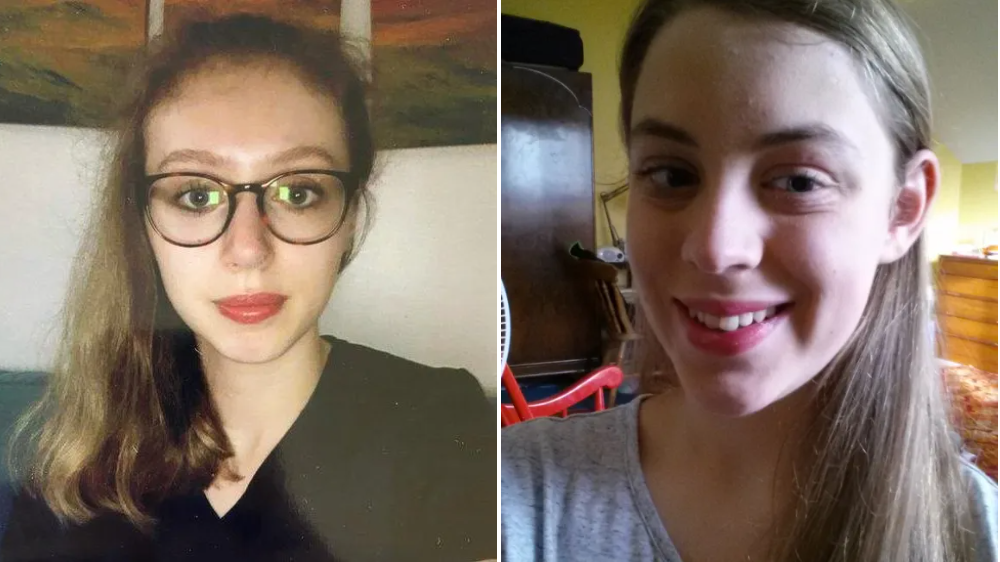
The following year, student died by suicide in his dorm at Plymouth University. The 20-year-old’s body was not found for 12 days because he had ‘isolated himself socially’, a coroner was later told. Despite his door being unlocked, no-one checked on Kar Yin until his mother in China contacted authorities to say she hadn’t heard from her son.
took her own life In 2021, after wrongly being told she had failed an exam. The 21-year-old, who was studying pharmacy at Cardiff University, received an automated email saying she had received a score of 39%. But the correspondence referred to a test from March 26 and not the resit she took – and passed with a mark of 62% – a month later on April 24.
Natasha, Kar Yin and Mared’s untimely deaths added to a growing number of calls for academic institutions to do more to protect their students and their wellbeing.
Universities, such as Edinburgh University where the filmmakers attended, have been encouraged to introduce and advertise mental health support within student portals.
But there’s still a long way to go. Around 50% of the UK’s 2.7 million students have had their mental health negatively affected while at university, a 2022 survey by the charity HUMEN .
You are not alone
If you are struggling with your mental health, speak with someone today by calling Samaritans, who operate 24 hours a day, 7 days a week. Call 116 123 or click here to
For any young person seeking practical, confidential suicide prevention help and advice please contact PAPYRUS HOPELINE247 on 0800 068 4141, text 88247 or email [email protected]
‘We wanted to highlight how this [suicide] is experienced across the UK, so ‘we didn’t set the film in a specific university,’ Rufus explains.
‘The students don’t have names, the corridors could be anywhere, the accommodation doors are all the same – it’s both unrecognisable and yet so familiar. We are not aiming for a strictly realistic portrayal of university life, rather we wanted to express what university might feel like for someone struggling.’
Rufus adds: ‘We are under no illusions about the weight of responsibility that we have taken on in choosing to make this.’
The writer approached Harry Richards, who he met as a student at Edinburgh University, to direct and produce Contact Hours. Both had hugely positive experiences during their degrees – Rufus studied English and Harry Spanish and History – with ceilidhs, jaunts up Arthur’s Seat and the creation of lifelong friendships.
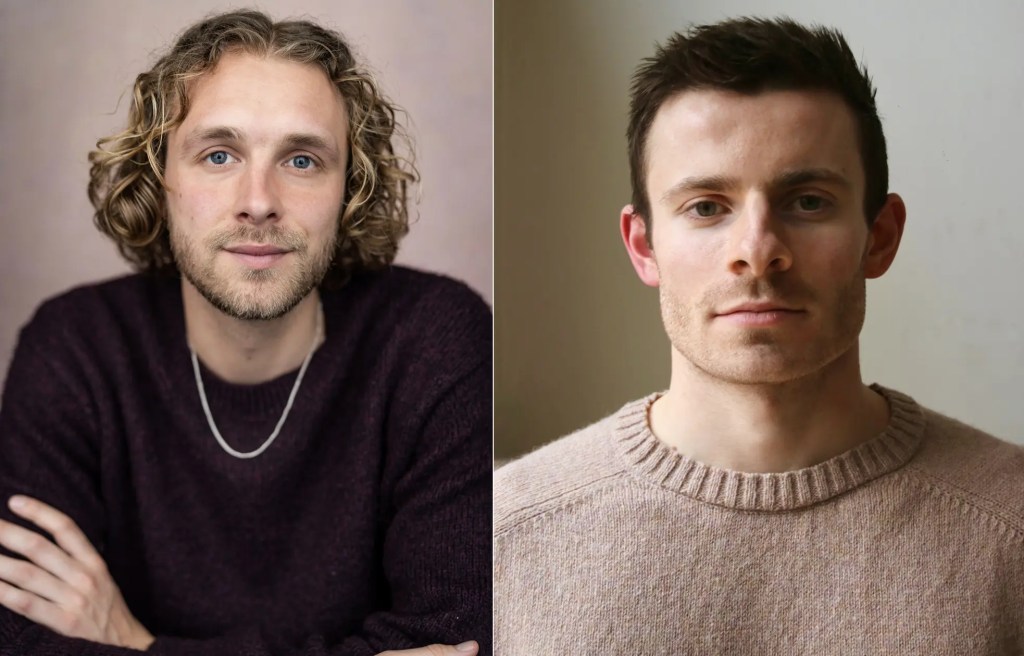
However, during their time at Edinburgh, a student at the university died by suicide which rocked the wider university community. As a result, both felt it important to tell the caretaker’s story in Contact Hours in as sensitive a way as possible.
Harry, 26, tells Metro: ‘Rufus and I were aware of previous representations of suicide in film, and how some had a negative impact on audiences. So that was at the front of our minds. One of the first things we did was send the script to Samaritans for review and we spoke with suicide prevention charity PAPYRUS for their advice. Rufus and I also went down to Brighton and undertook a two day applied suicide intervention skills training (ASIST) course.
‘That was really instructive to our process and gave us confidence as filmmakers that we had the tools to be able to tell this story as safely as possible.’ What’s more, throughout filming there was a wellbeing team on site in case any cast or crew member needed support.’
Rufus and Harry, who are both based in London, plan to screen Contact Hours at UK colleges and universities from January. There will be a Q&A in each instance where they share the panel with university wellbeing teams and representatives from local charities. Harry explains: ‘Together with our partner charities and supporting organisations, we hope our film helps to normalise conversations around suicide, and that through our screenings we can help students in a suicidal position to find the support they need.’
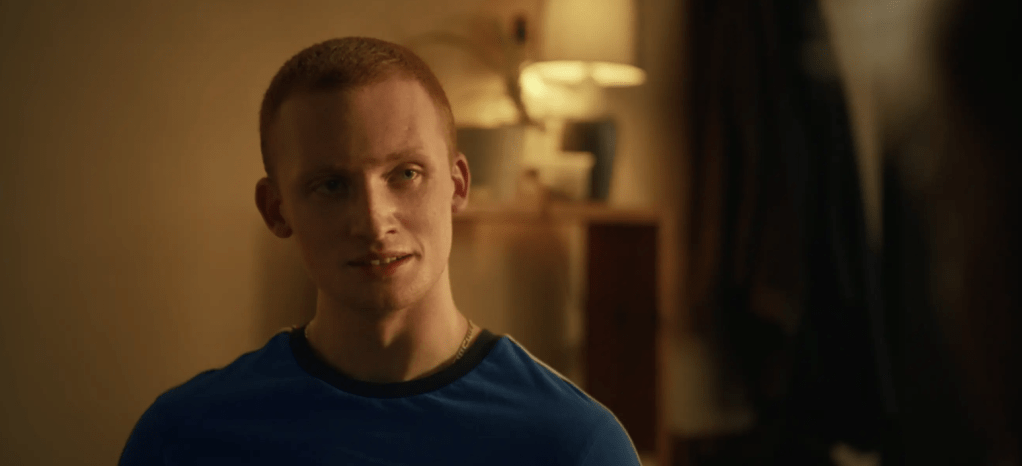
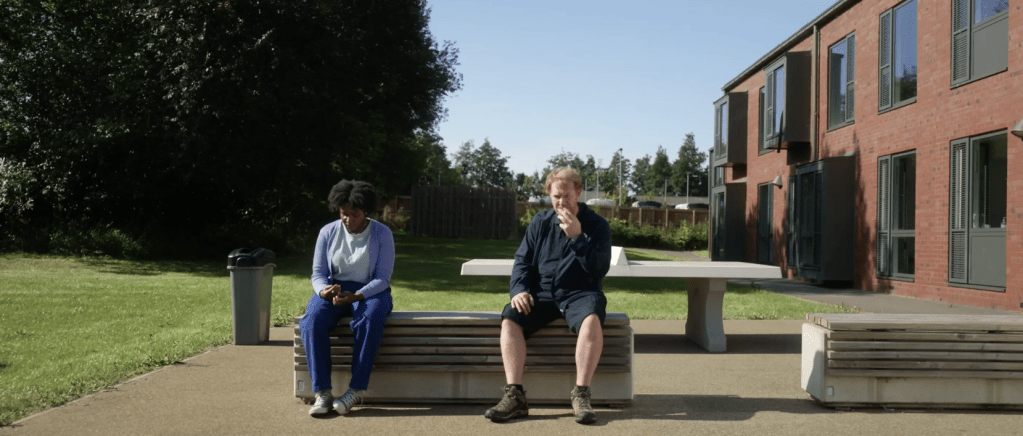
One of the final scenes in Contact Hours sees the university caretaker ask his son, played by George Osborne, “is everything alright?” This simple question gives the teenager a chance to share his struggles and feel his own darkness fade just a little.
Harry continues: ‘The film leans into some very dark emotions that the caretaker is going through and it’s a challenging subject, but Rufus and I have always felt strongly that the film must feel hopeful. That fed into every element of the filmmaking. Not just in the script but in the lighting, the shot choices, the music, and even the way we constructed the trailer and poster.’
Reflecting on what he hopes viewers will take away from Contact Hours, Harry adds: ‘We want the film to offer people a chance for reflection. Every student suicide is a tragedy, and we hope this project helps to keep current and future students safe.’
Find out more about Contact Hours . If you’re connected to a university or college which would appreciate a screening of the film, please message the film’s Instagram page.
'A message of hope'
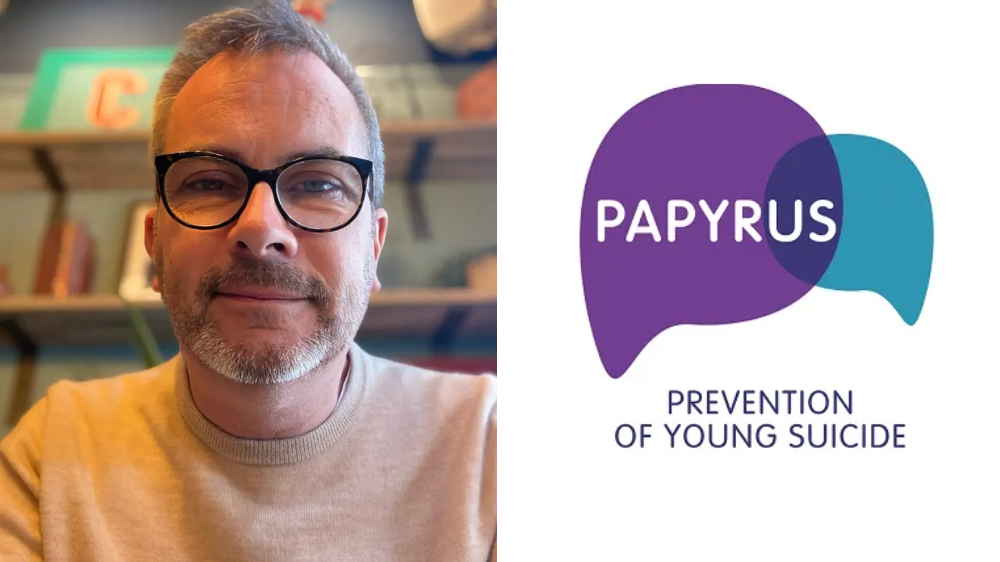
Suicide is the biggest killer of young people under the age of 35 in the UK. Every year we lose around 200 teenagers to suicide.
Ged Flynn, Chief Executive of the national charity PAPYRUS Prevention of Young Suicide, told Metro: ‘We were delighted to support the making of Contact Hours which is a powerful, thought-provoking and yet sensitive piece of work.
‘The short film is a safe portrayal of the devastating impact of suicide but it also carries a message of hope. At PAPYRUS we believe many suicides can be prevented and we can all play a part in making our communities suicide-safer.’
For practical, confidential suicide prevention help and advice please contact PAPYRUS HOPELINE247 on 0800 068 4141, text 88247 or email [email protected]
Do you have a story you’d like to share? Get in touch by emailing [email protected]
Share your views in the comments below.




















